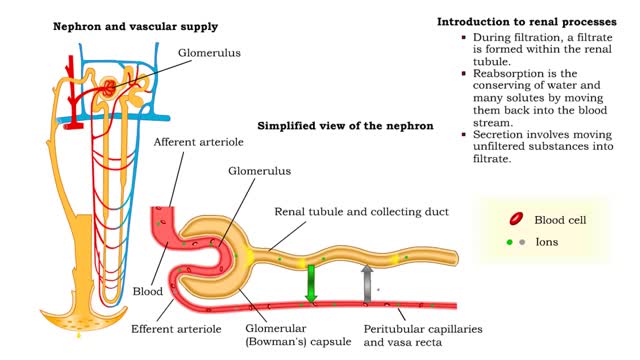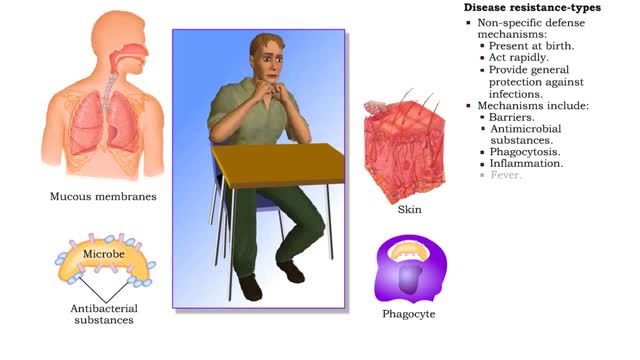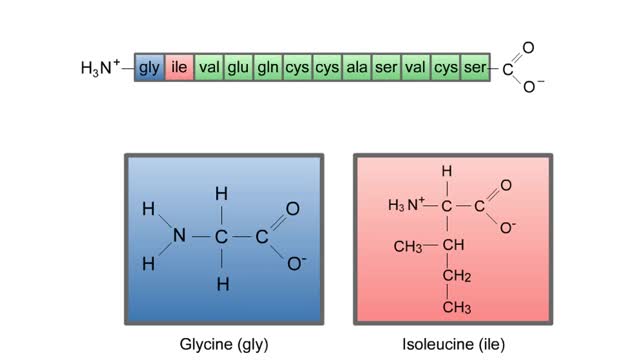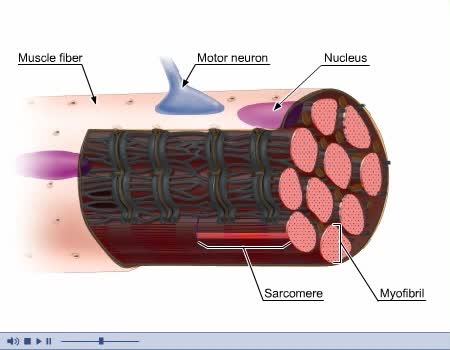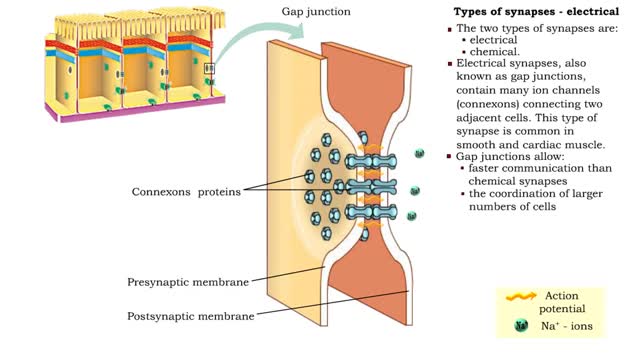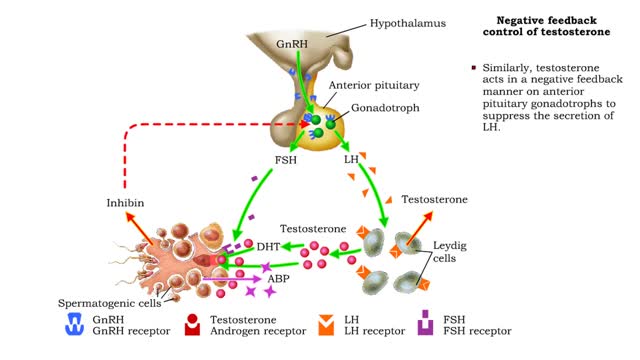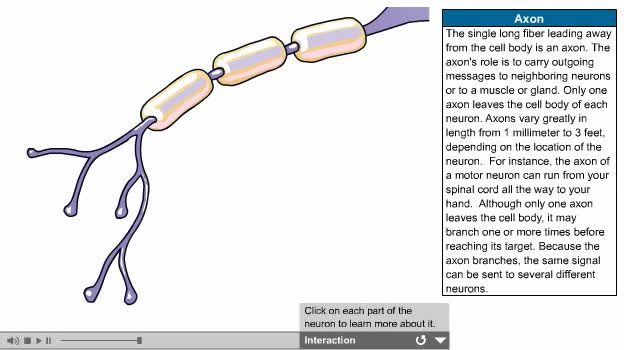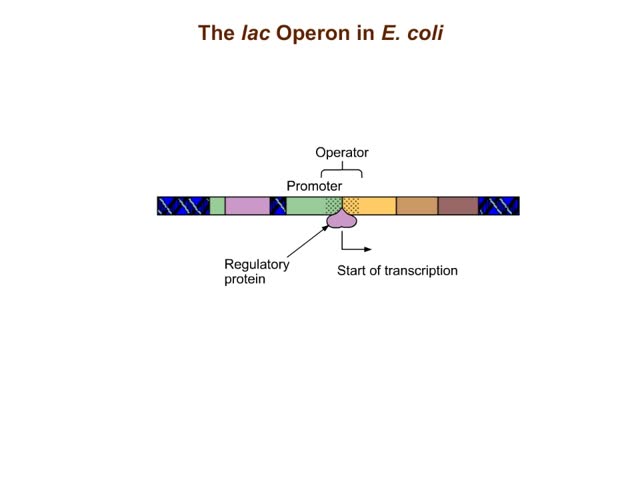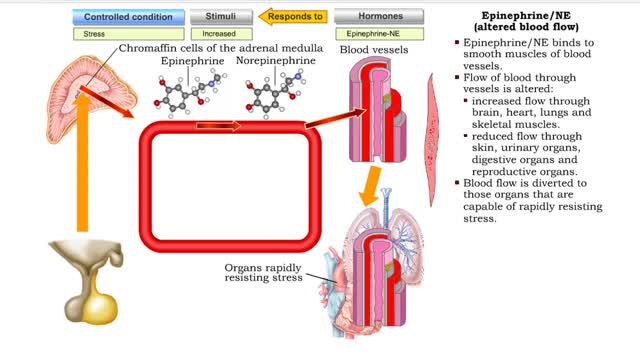Search Results
Results for: 'Glucose anabolism reaction types'
Carbohydrate Metabolism: Introduction to renal processes and filtrate formation and composition
By: HWC, Views: 11353
• At the nephron, the three process responsible for the formation of urine include: • Glomerular filtration. • Tubular reabsorption. • Tubular secretion. • During filtration, a filtrate is formed within the renal tubule. • Reabsorption is the conserving of water and many s...
Types of disease resistance: innate defenses & immunity
By: HWC, Views: 11511
Our immune system protects us and helps fight off disease. Microorganisms, small microscopic organisms, and viruses are everywhere. Ever thought about how many are on that door you just opened? Many microbes and viruses can cause disease and are termed pathogens. Plants and animals have what i...
By: HWC, Views: 10222
Living things must accomplish a great number of tasks just to get through a day, and these tasks are accomplished by a diverse range of biological molecules. In the range of tasks that molecules accomplish, however, proteins reign supreme. Almost every chemical reaction that takes place in living...
By: Administrator, Views: 14063
Three basic types of muscles: - Skeletal - Smooth - Cardiac Composed of striated or smooth muscle tissue and classified according to their functions and appearance. Skeletal Muscle: - Also known as voluntary or striated muscle. - Controlled by the conscious part of the brain and attach...
Types of synapses - electrical & chemical
By: HWC, Views: 11305
• Neurons communicate with one another or effector cells via synapses that allow information to be filtered and integrated. • The two types of synapses are: • electrical • chemical. • Electrical synapses, also known as gap junctions, contain many ion channels (connexons) conne...
Male Reproductive System - Testosterone
By: HWC, Views: 11807
• Under the influence of FSH and testosterone, Sertoli cells produce androgen-binding protein (ABP) that binds to testosterone and maintains high levels of the hormone near spermatogenic cells. • Testosterone stimulates the final stages of spermatogenesis. • In addition, testosterone is...
By: Administrator, Views: 14791
There are several types of neurons, three of which are: Motor neurons, Sensory neurons, Interneurons. The nervous system is usually described as having two interconnected divisions: the central nervous system (CNS) and the peripheral nervous system (PNS). CNS: Includes the brain and spinal...
By: Administrator, Views: 15349
The lac operon (lactose operon) is an operon required for the transport and metabolism of lactose in Escherichia coli and many other enteric bacteria. Although glucose is the preferred carbon source for most bacteria, the lac operon allows for the effective digestion of lactose when glucose is no...
Epinephrine/NE (heart rate, altered blood flow, glycogenolysis & bronchodilation)
By: HWC, Views: 11072
• Stressors trigger increased sympathetic stimulation from the hypothalamus to the chromaffin cells of the adrenal medulla. • This causes the immediate release of epinephrine and norepinephrine (NE). • Epinephrine/NE binds to the cardiac muscles of the heart. • Cardiac muscle cells ...
Advertisement



